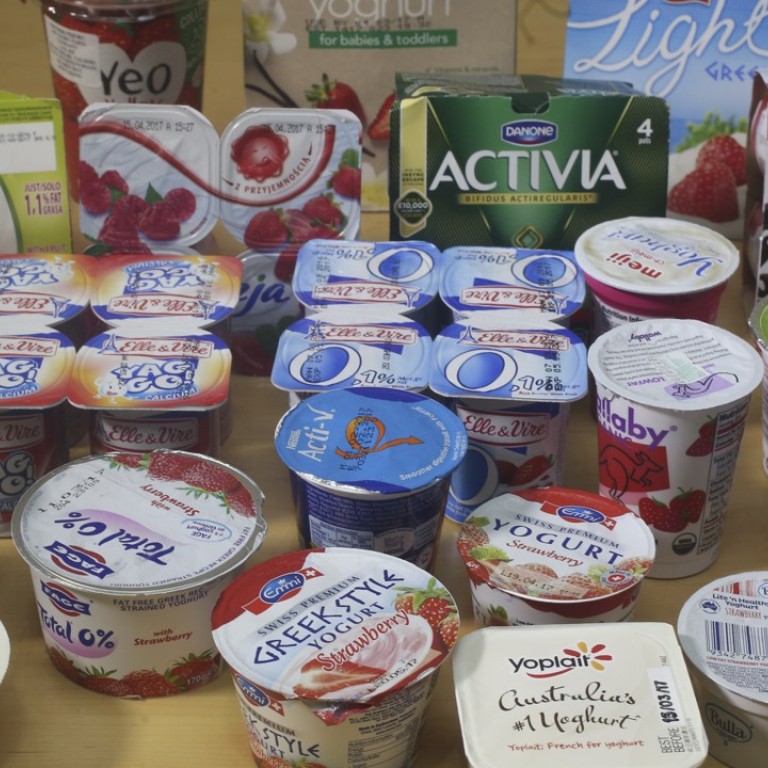
New Zealand study finds that babies fed yogurt less likely to get eczema or allergies
But researchers say it still needs to be determined what kind of yogurt is most effective or if the effect would last into childhood
Babies who eat yogurt regularly before they are one year old appear to be protected from developing eczema and allergies, new research from the University of Otago, Wellington, and the University of Auckland has found.
The effects were striking, according to study leader Dr Julian Crane, from the University of Otago Wellington’s department of medicine.
The study, published this week in the journal Clinical and Experimental Allergy, was funded by the Health Research Council and dairy giant Fonterra.
It involved 390 mothers from Wellington and Auckland. Mums were asked about various foods they gave their babies in the first year of life, and the babies were regularly checked for symptoms of eczema. At one year old all babies had a skin-prick test for allergies.
“We found up to 70 per cent reduction in eczema and allergy in the first year of life for daily consumers,” Crane said. “The more regularly yogurt was given, the greater the effect.”
Parents should think about feeding their babies yogurt, especially if they were worried about allergies and eczema risk, the researchers said.
“We found that regular consumption of yogurt gave stronger protection, but what we don’t know yet, is what type of yogurt is best or how much is protective,” Crane said.
It was not clear if the effect would last into childhood - and the study did not prove that yogurt was responsible, Crane said.
“This would require a trial in which some infants get yogurt and some don’t. No such trial has yet been done.
“What we have found is an ‘association’ – i.e. infants who were fed yogurt had less eczema and were less likely to be allergic.”
There were two alternative explanations for the findings, Crane said.
It was possible that parents who gave yogurt to their babies were also doing other things that cut the risk of allergies, which the researchers were not aware of.
Parents whose children were at increased risk of eczema and allergies might also deliberately avoid yogurt, which would skew the results to make it look like yoghurt was giving protection.
“We don’t think this is the case, but only a trial where parents can’t choose yogurt could prove this,” Crane said.
Full-fat, plain, unsweetened yogurt is already recommended by New Zealand’s Ministry of Health, the World Health Organisation and other groups for infants from six months old.

